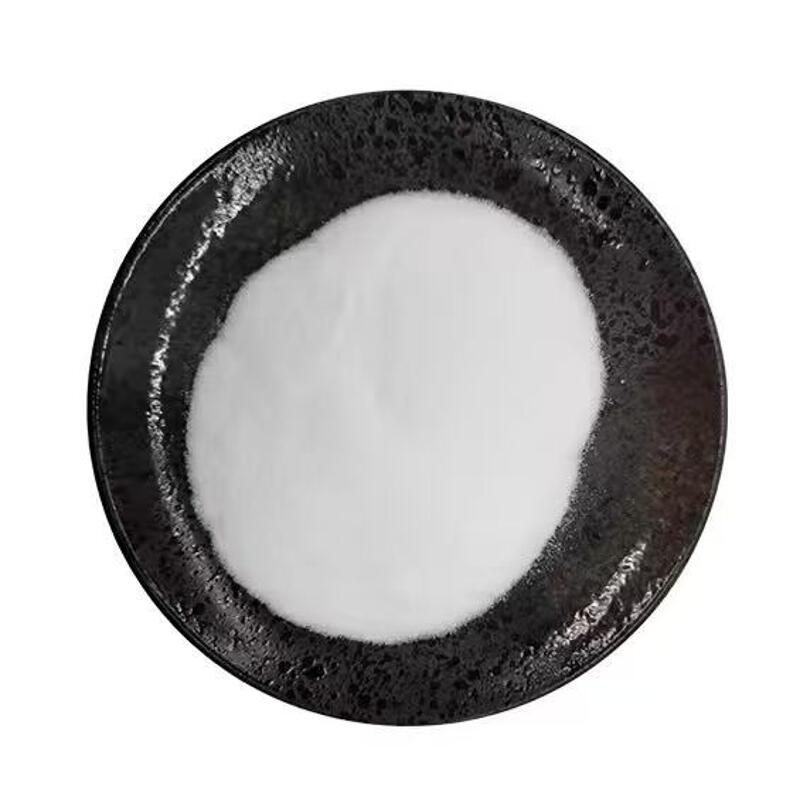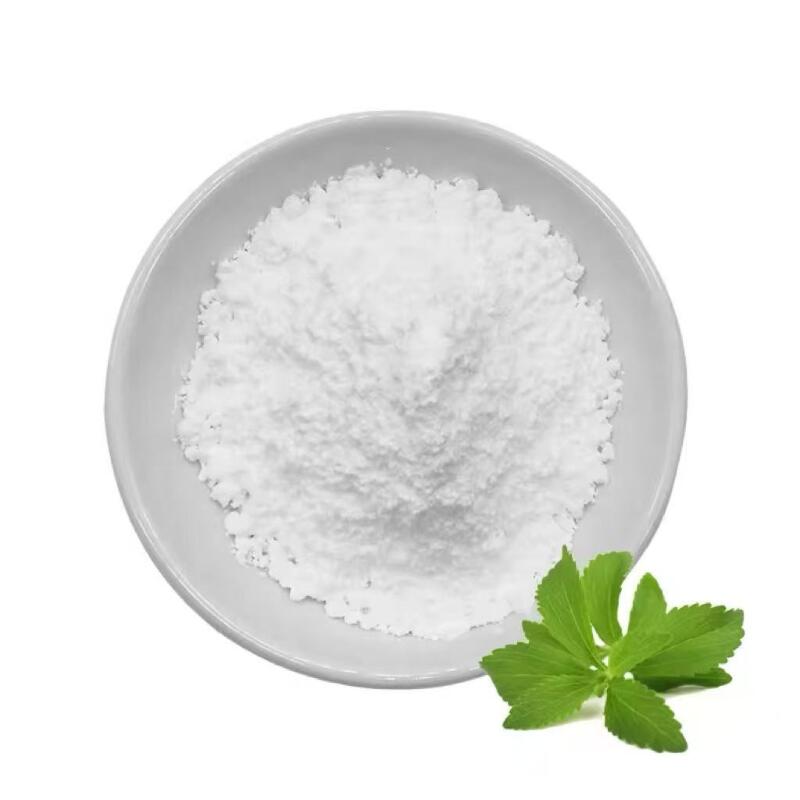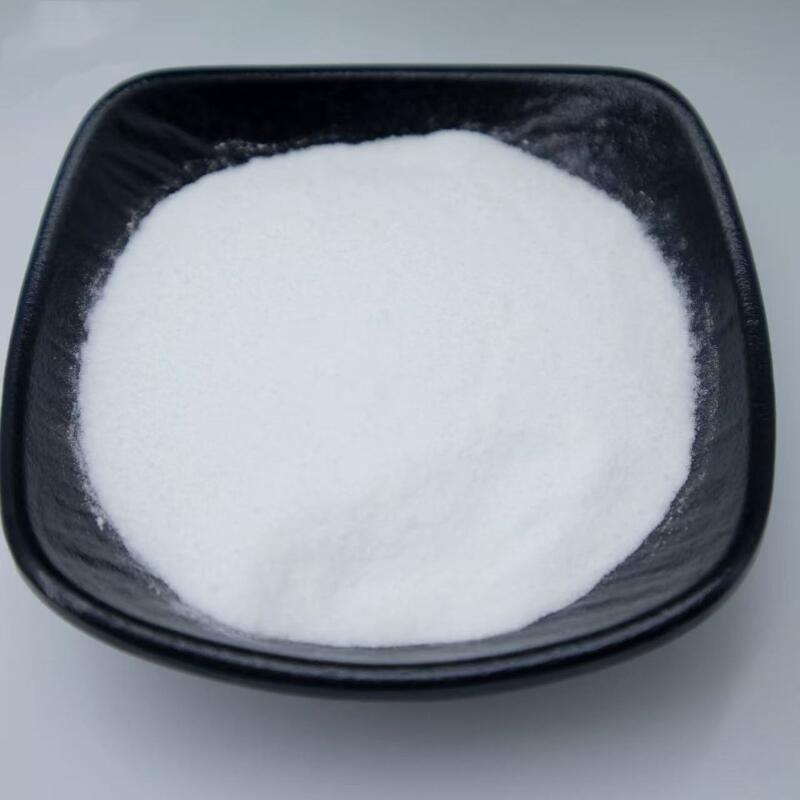-
Categories
-
Pharmaceutical Intermediates
-
Active Pharmaceutical Ingredients
-
Food Additives
- Industrial Coatings
- Agrochemicals
- Dyes and Pigments
- Surfactant
- Flavors and Fragrances
- Chemical Reagents
- Catalyst and Auxiliary
- Natural Products
- Inorganic Chemistry
-
Organic Chemistry
-
Biochemical Engineering
- Analytical Chemistry
-
Cosmetic Ingredient
- Water Treatment Chemical
-
Pharmaceutical Intermediates
Promotion
ECHEMI Mall
Wholesale
Weekly Price
Exhibition
News
-
Trade Service
Abnormal glycolysis leads to poor meat tenderness, reduced water holding capacity, browning of color and other quality deterioration and the production of inferior meat, resulting in huge economic losses
.
Hexokinase, phosphofructokinase, and pyruvate kinase are the three rate-limiting enzymes in glycolysis that determine the rate and progression of glycolysis
.
The team's previous studies have shown that protein phosphorylation and acetylation modification affect the activity of glycolytic enzymes, but whether there is an interaction between the two modifications and how to jointly regulate the activity of glycolytic enzymes and thus affect meat quality is unclear
.
Glycolytic hexose phosphate fructose acetone protease activity meat.
Hexokinase, phosphofructokinase, and pyruvate kinase are the three rate-limiting enzymes in glycolysis that determine the rate and progression of glycolysis
.
The team's previous studies have shown that protein phosphorylation and acetylation modification affect the activity of glycolytic enzymes, but whether there is an interaction between the two modifications and how to jointly regulate the activity of glycolytic enzymes and thus affect meat quality is unclear
.
This study analyzed the glycolytic enzyme activity, phosphorylation and acetylation levels in meat with different glycolysis rates, and explored the joint regulation of glycolytic enzyme phosphorylation and acetylation on its activity and meat quality
.
The results showed that phosphorylation and acetylation of hexokinase positively regulated its activity and affected the production of lactate in meat; phosphorylation and acetylation of phosphofructokinase negatively regulated its activity and was closely related to changes in shear stress; pyruvate kinase Phosphorylation and acetylation modification have no significant effect on its activity, but may be involved in the regulation of meat quality such as color and cooking loss
.
This study clarified that phosphorylation and acetylation of glycolytic rate-limiting enzymes regulate glycolysis process and meat quality through different interaction modes, and provided a theoretical basis for the development of precise preservation technology for chilled meat
.
Lactic acid.
The results showed that phosphorylation and acetylation of hexokinase positively regulated its activity and affected the production of lactate in meat; phosphorylation and acetylation of phosphofructokinase negatively regulated its activity and was closely related to changes in shear stress; pyruvate kinase Phosphorylation and acetylation modification have no significant effect on its activity, but may be involved in the regulation of meat quality such as color and cooking loss
.
This study clarified that phosphorylation and acetylation of glycolytic rate-limiting enzymes regulate glycolysis process and meat quality through different interaction modes, and provided a theoretical basis for the development of precise preservation technology for chilled meat
.
The research was published in Food Chemistry (IF: 9.
231), a top journal in the field of food, and was funded by the National Natural Science Foundation of China (32030086) and the Science and Technology Innovation Project of the Chinese Academy of Agricultural Sciences (CAAS-ASTIP-2022-IFST-03)
.
231), a top journal in the field of food, and was funded by the National Natural Science Foundation of China (32030086) and the Science and Technology Innovation Project of the Chinese Academy of Agricultural Sciences (CAAS-ASTIP-2022-IFST-03)
.
Original link: https://doi.
org/10.
1016/j.
foodchem.
2022.
133739
org/10.
1016/j.
foodchem.
2022.
133739







